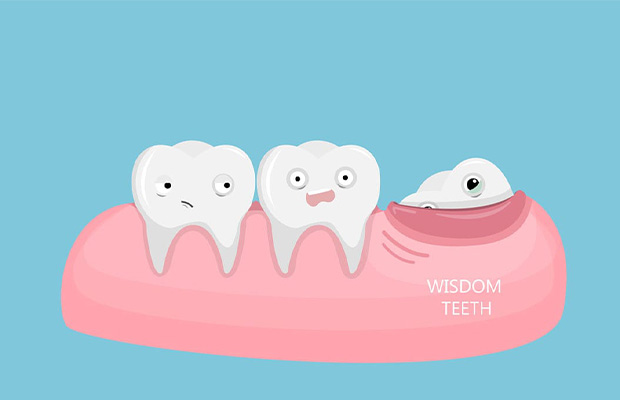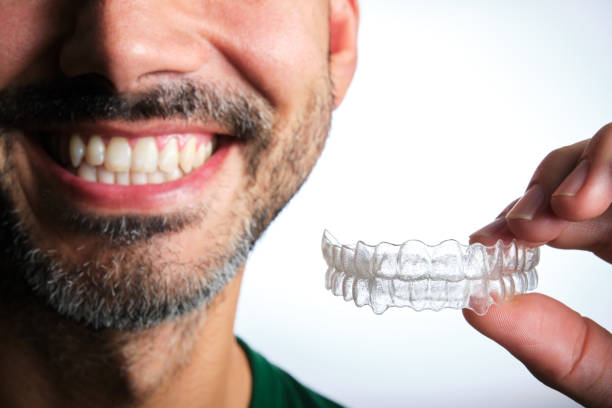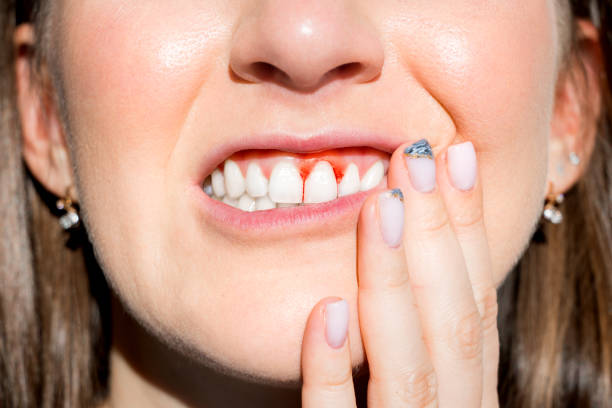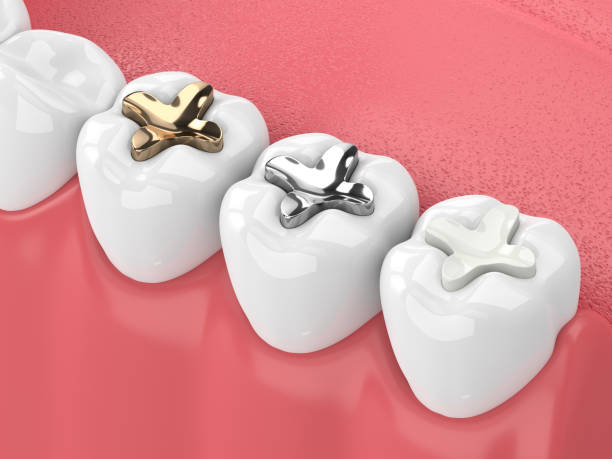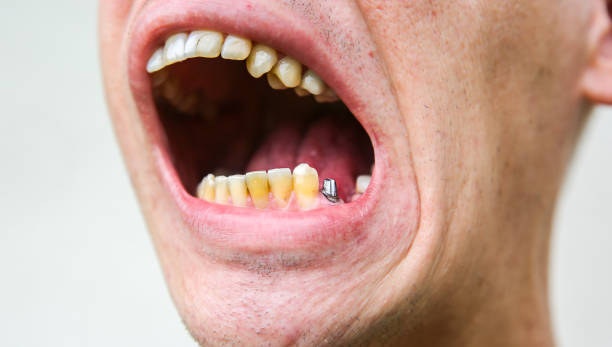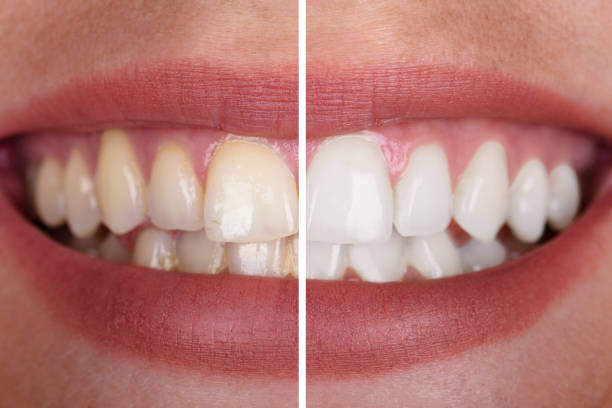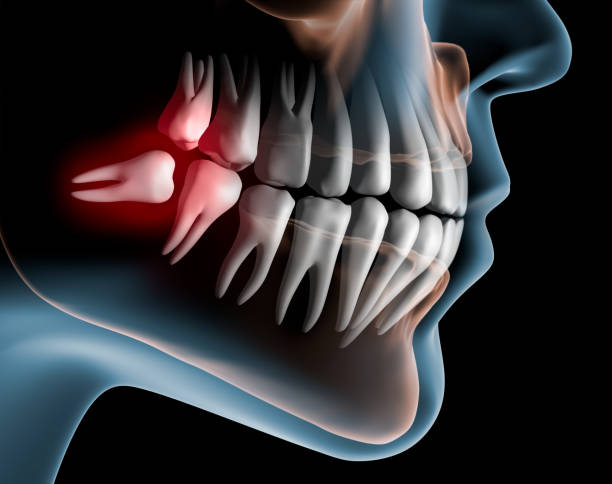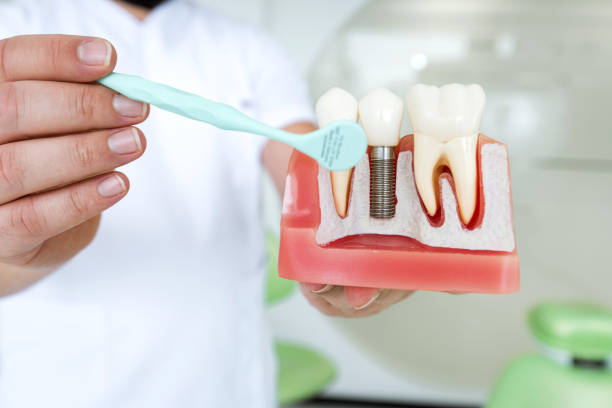When do kids start losing their teeth? This is one of the most common problems in pediatric dentistry. Today we are going to have a deep discussion on the problem of tooth replacement for kids.
How Old Do Kids Begin to Lose Their Teeth?
The majority of kids start losing their deciduous teeth between the ages of six and seven, though it varies from child to child. This is merely a broad range, though. A child’s first tooth may fall out when they are four or five years old. While a youngster loses their first tooth, it usually happens when they are younger. It is important to contact your pediatric dentist if your child loses their primary teeth before the age of four or if they still have them at age seven or eight. We will make sure that everything is normal even though your child’s smile may only develop at his own rate.
Ordinarily, deciduous teeth don’t become loose and fall out until the underlying permanent teeth are pushed forward to take their place. Deciduous teeth will come out painlessly because the roots of permanent teeth disintegrate as they start to erupt. Children may lose their teeth due to trauma or tooth decay before their permanent teeth are prepared to erupt. To preserve the space necessary for long teeth to erupt healthily in these situations and avoid crowding in the future, we frequently employ tooth space maintainers.
The Order of Losing Teeth
When it comes to the order of kid tooth loss, teeth often follow the first in, first out schedule. This is why a youngster typically loses their lower anterior or lower central incisor first, followed by their upper anterior or upper central incisor. An outstanding chart of deciduous teeth and deciduous teeth eruption, provided by the American Dental Association, shows the precise age at which deciduous teeth fall out and permanent teeth emerge.
And when do children stop losing their teeth? Most children lose their second molar, their last deciduous tooth, by age twelve, but it can happen as early as age ten.
As was previously explained, the reason why deciduous teeth fall out is that the permanent teeth beneath them start to erupt. As a result, canines, premolars, and central and lateral incisors will all erupt shortly after their primary counterparts do. However, keep in mind that children have 32 permanent teeth in addition to 20 molars (if they have wisdom teeth or third molars). This indicates that the first, second, and third permanent molars truly develop in the space left by the previous deciduous teeth. Between the ages of six and seven, most kids erupt their first permanent teeth, and between eleven and thirteen, they erupt their second permanent molars. Wisdom teeth, or the third permanent molars, erupt between the ages of seventeen and twenty-one, although not everyone gets them.
Tips for Handling Loose Teeth and Nursing Permanent Teeth
- For some kids, losing baby teeth might be a bit scary. Children should feel safe and know that when their teeth fall out, which is a necessary step toward developing a charming and adult smile, they won’t suffer any harm.
- You can nudge them to swing carefully if losing baby teeth is upsetting them. You may also try gently squeezing it while it’s covered in a paper towel. This can assist it if it is visibly prepared to travel but is still strung on a line.
- Baby teeth that are only slightly loose or do not appear to come out on their own should not be extracted. Pain might be felt when teeth that are not properly prepared jerk. Please speak with your child’s pediatric dentist if you are concerned that your child’s baby teeth have not yet fallen out.
- Keep in mind that every child is unique. The precise age and the sequence of deciduous tooth loss and the eruption of permanent teeth are only guidelines. Uneven teeth in children are typically nothing to worry about. If you feel that you shouldn’t loosen your teeth, schedule a consultation with your child’s dentist.
- Children should wash their teeth at least twice daily for two minutes, whether they have permanent teeth, deciduous teeth, or both (check our post on how to make children brush their teeth for two minutes if you need some tips). Fluoride toothpaste and a gentle toothbrush should be used. Allow them to floss their teeth once each day as well.
- Make an appointment with your child’s pediatric dentist twice a year for an examination and expert cleaning. Your child’s development will be monitored by our Naperville pediatric dentist to make sure that their teeth and gums are strong and healthy. Additionally, they will assist kids in developing a fantastic home care program. Professional cleaners can also remove Tartar or hardened plaque that regular toothbrushes and floss cannot remove from the home. This is very beneficial in reducing gum disease and tooth decay.
- Don’t discount the significance of dental sealants after your youngster erupts with his first permanent molar! Dental sealants are an easy, affordable, and painless way to stop tooth decay. In order to provide a barrier against food particles, acids, and bacteria, we apply a sealant to the chewing surfaces of molars and premolars. Interesting fact: By applying protective dental sealants to six-year molars, tooth decay can be reduced by about 80%!
- Before your child is seven, schedule their initial orthodontic examination. Most kids at this age will develop their first set of permanent molars, which will set up the posterior occlusion and teeth in the proper alignment. It is typically only the start of an observation period, and we will keep an eye on the youngster until it is appropriate to begin treatment. While the child is still developing and has some deciduous teeth, early intervention will allow us to manage mandibular growth and the eruption of the teeth, avoiding future surgery or intensive therapy.
- To support the health of their teeth and gums, encourage kids to consume a balanced diet full of lean protein, low-fat dairy products, complex carbs, healthy fats, fruits, and vegetables. Limit snacks and high-sugar foods and drinks since tooth decay risk is increased by frequent snacking and a high intake of sugary and starchy foods.
- Wearing dental protection while exercising or engaging in any other physical activity that could result in a blow to the mouth is advised for kids. Since a child only gets one set of permanent teeth, it’s crucial to safeguard them. Additionally, there is no danger in allowing kids to wear tooth guards even before their permanent teeth develop because the early loss of deciduous teeth might cause orthodontic issues.
Children’s dental health is quite important. Every parent needs to know how to handle loose teeth and nurse permanent teeth properly, which helps to lay a good foundation for kid tooth health.

